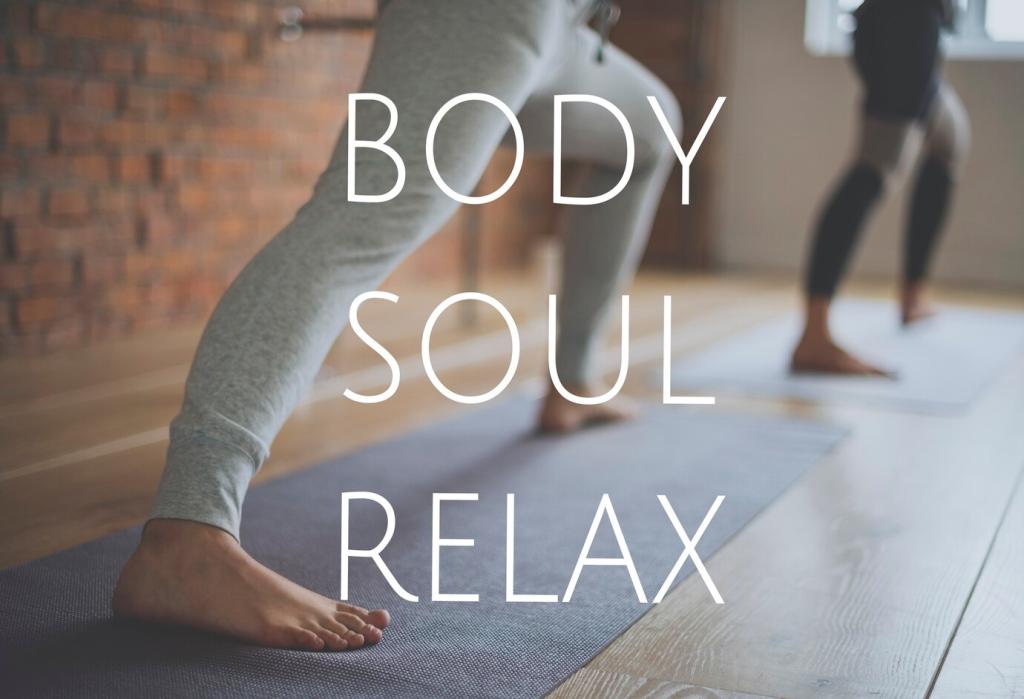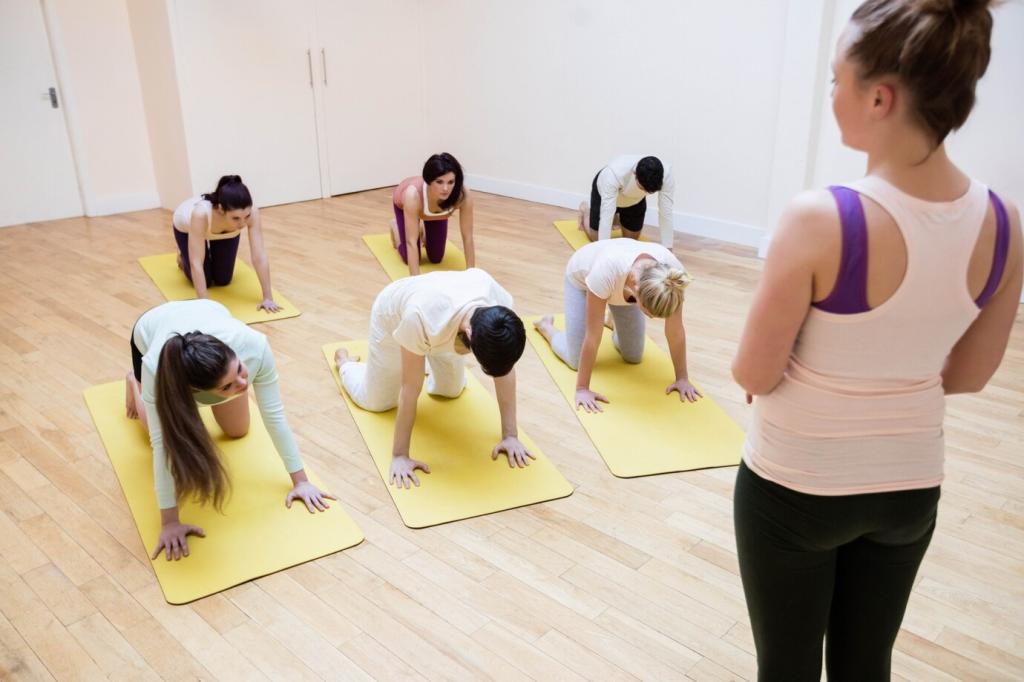
How to Prepare for Your First Yoga Retreat
Embarking on your first yoga retreat is an exciting opportunity to dive deeper into your practice, nurture your well-being, and connect with like-minded individuals. Proper preparation ensures you make the most of this unique experience, allowing you to arrive relaxed, open, and ready to embrace every moment. This guide covers essential aspects to consider before attending a yoga retreat for the first time, helping you feel confident and comfortable as you step into this journey.
Researching the Right Retreat
Understanding Your Goals
Before committing to a yoga retreat, take time to reflect on what you hope to achieve. Are you seeking deep relaxation, personal transformation, a more advanced yoga practice, or simply a break from daily stress? Knowing your intentions clarifies your search and guides your selection process. For example, some retreats focus mainly on meditation and restorative yoga, while others might involve rigorous asana practice and wellness workshops. Being honest about your objectives prevents disappointment and ensures that the retreat program aligns with your expectations.
Evaluating the Retreat Program
Once you have set your intentions, assess the daily schedule and content of various retreats. Look for details about class frequency, accommodation types, meal plans, and additional activities such as excursions, workshops, or spa treatments. Consider the qualifications and teaching styles of the instructors, as they play a crucial role in shaping your experience. If you value free time for reflection or hiking, ensure the agenda allows for flexibility or personal space. It is also wise to read reviews or connect with past participants to gain insights into the atmosphere and community focus of the retreat.
Considering Location and Accessibility
The setting of your yoga retreat can greatly influence your experience. Some thrive in serene mountain environments or beside gentle ocean waves, while others may prefer a city retreat with cultural attractions nearby. Think about travel logistics, language barriers, and the climate during your chosen dates. Factor in your comfort with international travel, transportation arrangements, and how easily you can reach the destination. Choosing a location that feels both inspiring and manageable eliminates unnecessary stress, allowing you to arrive centered and open for what the retreat has to offer.
Adapting Your Yoga Practice
In the weeks leading up to the retreat, gradually adjust your at-home yoga routine to mirror the intensity or style of practice you’ll experience. If the retreat focuses on morning sessions or long meditations, begin integrating these into your daily life. This prepares your body for increased physical activity and can prevent fatigue or soreness during the retreat itself. Exploring different yoga styles or building up stamina also builds confidence, so you arrive feeling strong and ready to participate fully.
Managing Expectations
It’s easy to imagine a yoga retreat as a perfect getaway, but each experience comes with its own realities and challenges. Before you depart, remind yourself to stay open-minded and adaptable. Differences in food, accommodations, or cultural customs may arise. Approach unfamiliar situations with curiosity rather than resistance, and understand that growth often comes from stepping outside your comfort zone. By expecting both highs and learning moments, you cultivate a positive mindset that will enrich every aspect of your retreat adventure.
Establishing a Self-Care Routine
Self-care is vital both before and during your yoga retreat. Begin prioritizing good sleep, hydration, and nourishing meals in the days leading up to departure. Incorporate simple practices like journaling or mindful breathing to help you stay grounded and centered. Recognize that your body and mind may process new experiences or emotions while away from familiar routines. Having a self-care toolkit in place supports resilience, helping you integrate transformation and rest as you discover the retreat’s unique rhythm.

Selecting the Right Gear
Packing for a yoga retreat is all about balance—bring what you truly need, but resist the urge to overpack. Ensure you include comfortable clothes suitable for yoga and weather conditions at your destination. A quality yoga mat can provide familiarity in group classes, while items like a refillable water bottle and supportive footwear ensure your well-being during downtime or excursions. Research if the retreat provides props like blocks or blankets and pack accordingly. Thoughtful preparation of gear means you can focus on practice rather than distractions.
Travel and Documentation
Before your departure, confirm all travel arrangements, including tickets, transfers, and any required documentation such as passports, visas, or health records. Check the retreat’s recommendations about arrival and departure times to coordinate your travels smoothly. It’s also wise to have travel insurance in case of unexpected changes. Organize copies of important documents in both digital and physical formats for peace of mind. By addressing travel logistics early and thoroughly, you’re free to enjoy every aspect of your arrival and stay.
Health and Safety Considerations
Prioritizing your health ensures an uninterrupted, uplifting retreat experience. If you take medications, pack enough for the entire trip along with a small first-aid kit. Research any recommended vaccinations or wellness tips for your destination. Inform the retreat staff ahead of time about dietary restrictions, allergies, or medical concerns so they can accommodate you. Be mindful of your own boundaries during classes and communicate with instructors if you need modifications. Confidence in your health and safety allows you to relax and immerse yourself in all that the retreat has to offer.
